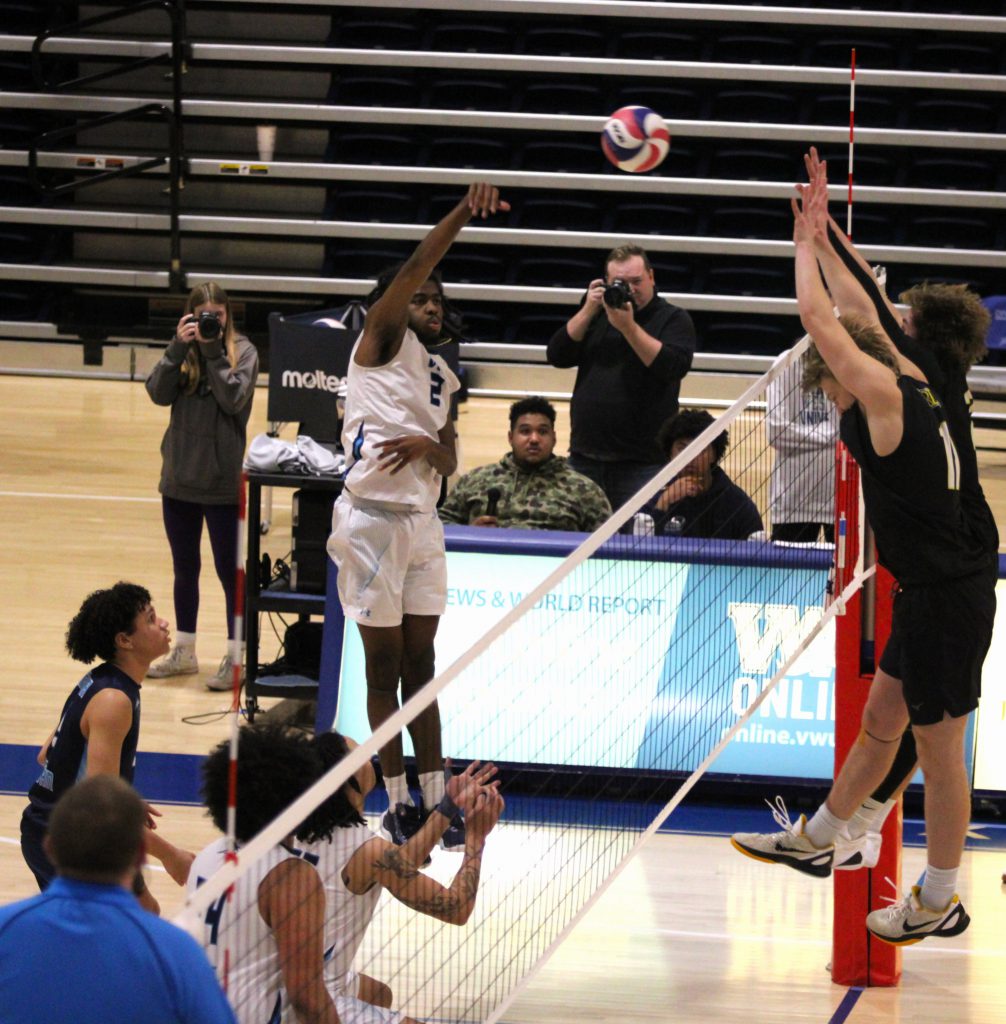By Neil Calloway
The wide-ranging federal law exerts influence over college life in many aspects
Bernice Sandler studied and taught at University of Maryland (UMD) for years, eventually earning her doctorate in counseling and personnel services in 1969.
Given her well-known and respected reputation at UMD, not to mention her impressive qualifications, Sandler presumed the university would hire her for one of the seven available faculty positions in her academic field, Sandler’s website said.
They didn’t. She later discovered the university never even considered her application.
Seeking answers, Sandler asked a university official why she wasn’t considered for the job despite her qualifications. According to Sandler’s website, the school official said her application was rejected because she “came on too strong for a woman.”
Sandler experienced similar gender discrimination from two separate employers in the ensuing months, the website said.
Sandler, “strong” as she was, did not take such unjust treatment lying down. She took action. After years of impassioned, organized lobbying, the era of Title IX dawned on the Summer of 1972.
Today, every aspect of the American college experience has been, and continues to be, influenced by Title IX.
Its impetus was to abolish discriminatory hiring practices. It did much more than that.
For instance, Virginia Wesleyan established a new team of staff in 2011, dedicated to ensuring compliance with Title IX’s newly applied stipulations. Karla Rasmussen, Jason Seward and McCarren Caputa were chosen to ensure VWC remains compliant with Title IX.
Jason Seward, Dean of Freshmen and Director of the Batten Student Center, elucidated the law’s essence.
“[Title IX] is law governing opportunities available to anyone in that no one be discriminated against … based off sex. That everything is equal and everyone have the same opportunity afforded to the other person across the board,” said Seward.
This can apply to any aspect of an institution’s operation, but has historically been notable in the context of collegiate athletics.
“When people essentially heard ‘Title IX’ before its uprising the past several years, it automatically went to sports,” said Seward.
Indeed, the bulk of Title IX complaints have traditionally dealt with rectifying inequality in athletic programs.
For example, in 1996, a federal court ruled that Louisiana State University had violated the civil rights of its women’s volleyball team by refusing to cover their travel expenses. This was only an issue because LSU had provided travel expenses for the men’s basketball team that same year.
Up until recently, the LSU case represented the typical legal Title IX application and interpretation. And these cases were largely successful in establishing fairer athletic programs throughout American colleges.
“Great!” proclaimed Caputa, “That’s fantastic. But that’s not what we’re talking about anymore.”
A recent legal reinterpretation of Title IX has altered the focus to sexual violence.
This reinterpretation occurred in April 2011. The department of education issued a letter to colleges and universities nationwide. This altered the focus of Title IX to sexual violence.
“What happened was, in 2011, the ‘Dear Colleague’ letter came out,” Seward explained, “Before that, schools conducted their own investigation should a student body member be sexually assaulted. They had no oversight at that point.”
The “Dear Colleague” letter changed that.
“It put a timeline on things,” Seward continued, “You have to investigate and resolve an issue within 60 days from the time [the school officials] should have reasonably known about it. It threw out terminology like, ‘reasonable employees.’ According to the ‘Dear Colleague’ letter, that’s any [employee] at the institution that’s building relationships with students … Here at Wesleyan, we said all of our employees are in that business.”
In addition to requiring an investigation into every allegation, the “Dear Colleague” letter set forth stringent guidelines regarding what these investigations should look like. It doesn’t only deal with reactionary procedures, but preventative ones as well. Schools must educate their students about the nature of these investigations.
“…We can’t prevent other people’s behavior,” Caputa remarked, “It’d be great if I could. That would be fantastic. But our rules are we have to educate everyone on the campus about these issues, we have to make sure we have a process for addressing them, and that everyone knows what that process is.”
As far as concrete steps to prevent sexual violence, Seward has some ideas. “We’ve already looked at some nationally known speakers and different training scenarios to bring into campus to offer the students. We’re going to be involving student organizations and groups, individual students, faculty and staff in our efforts moving forward,” he said. “It’s something that needs to be talked about as a community.”
Seward, for his part, said he has confidence in where the college is currently.
In regards to Phenomenal Woman hosting our first-ever “Take Back the Night,” Seward stated “over 100 people were there that night. That’s a powerful thing when you see that many students get behind something like that. That’s what excites McCarren and I in our responsibilities as they go to Title IX: to see that this is something that our students and our community … are passionate about.”
